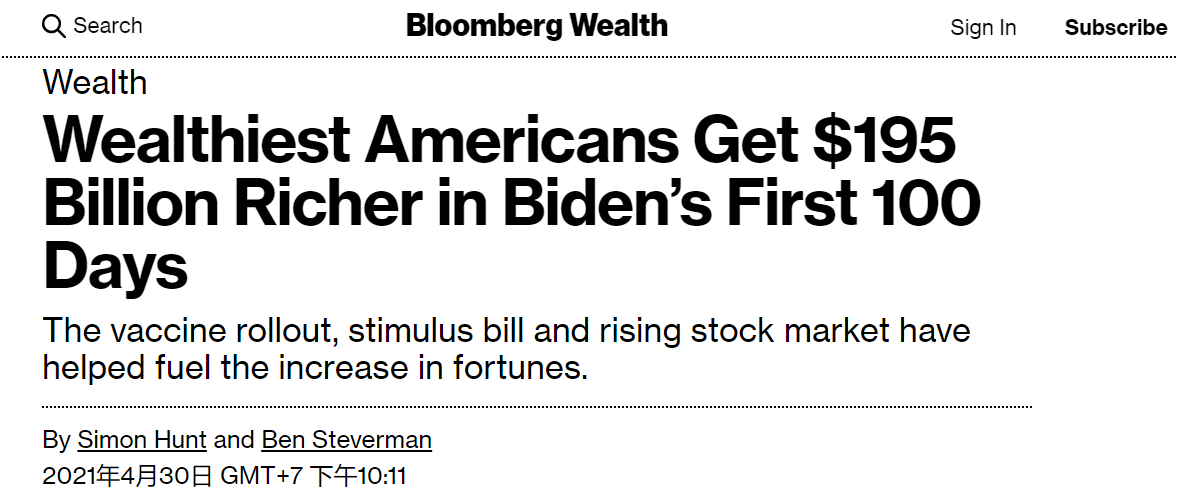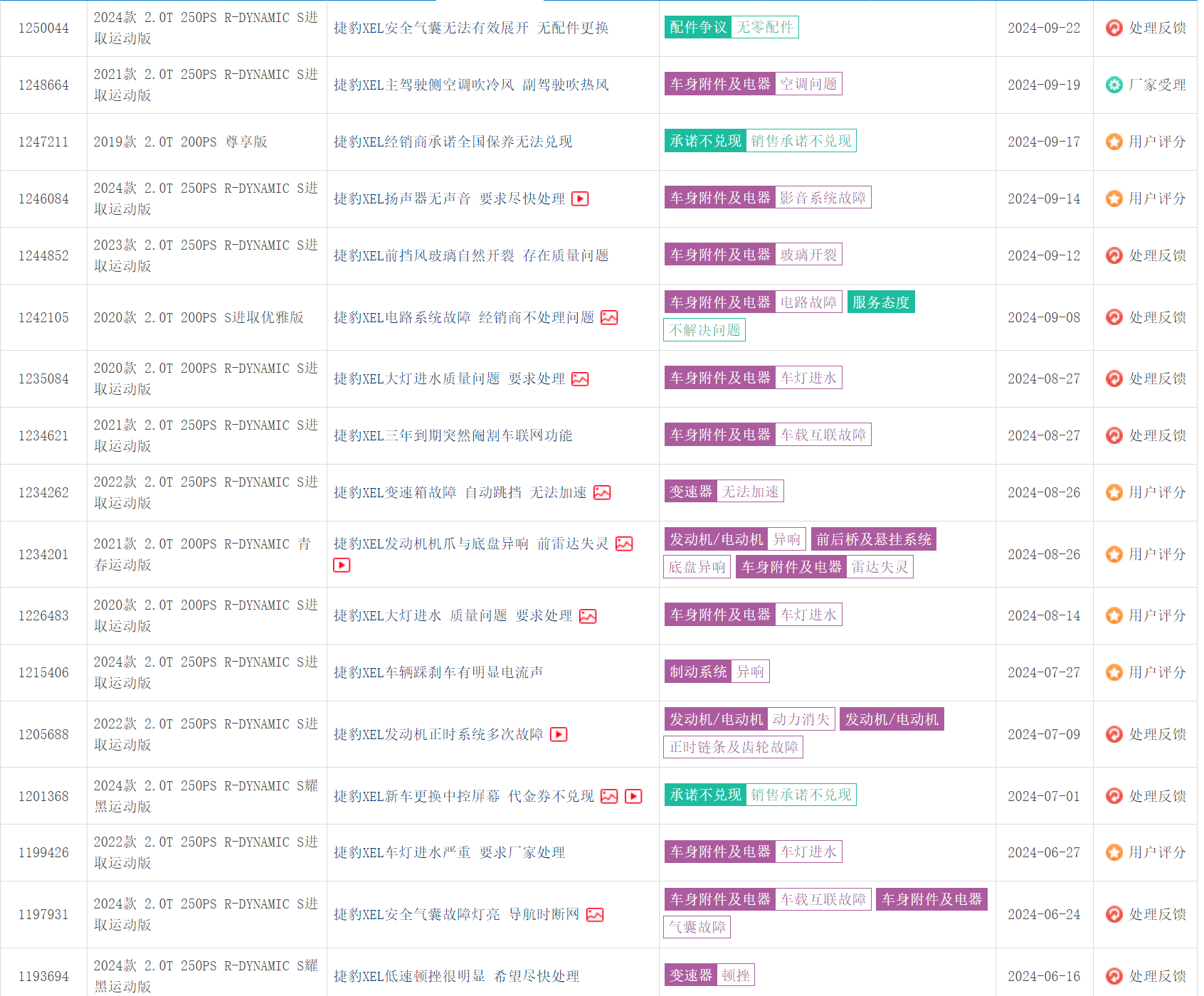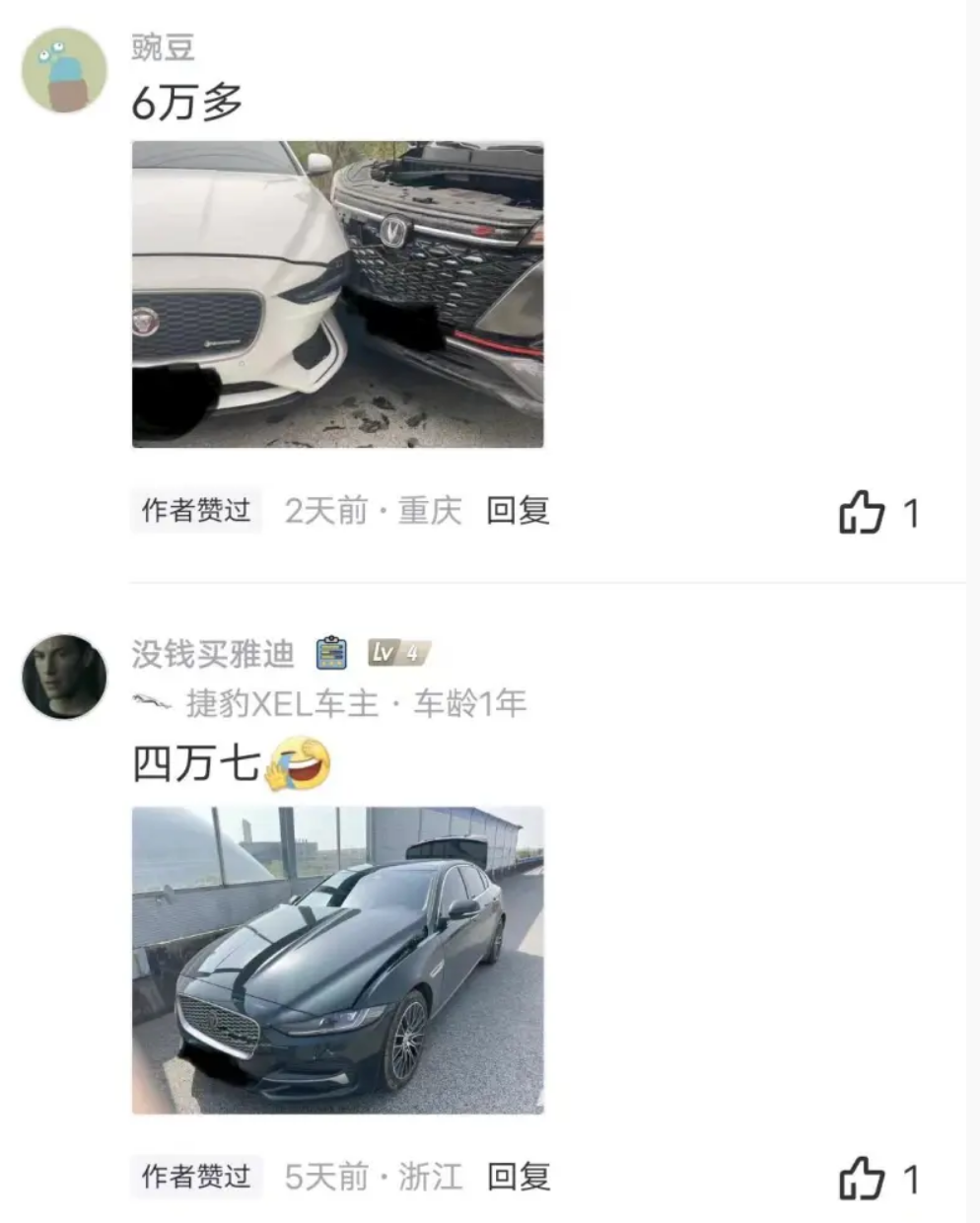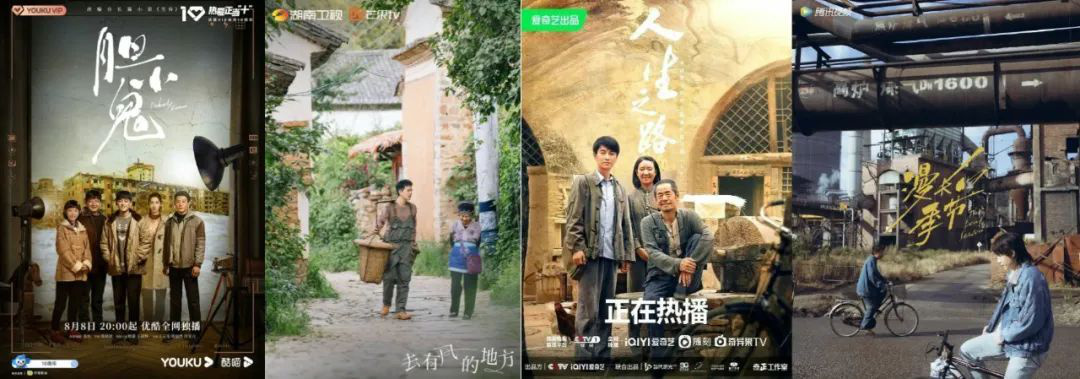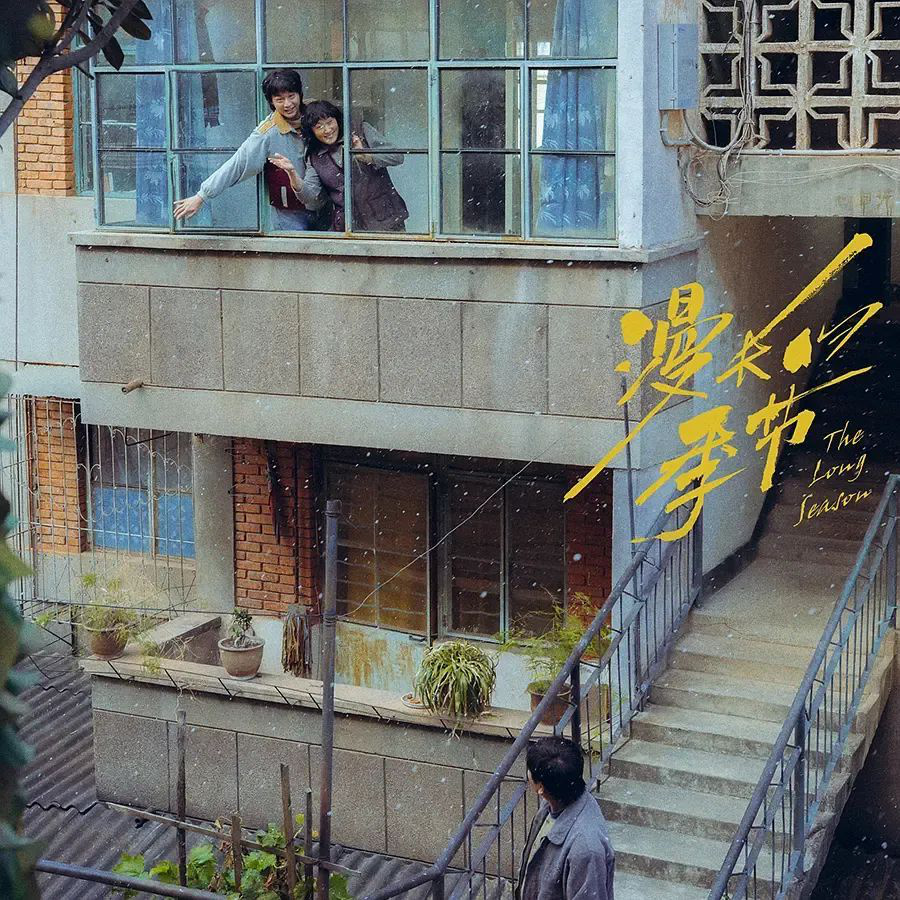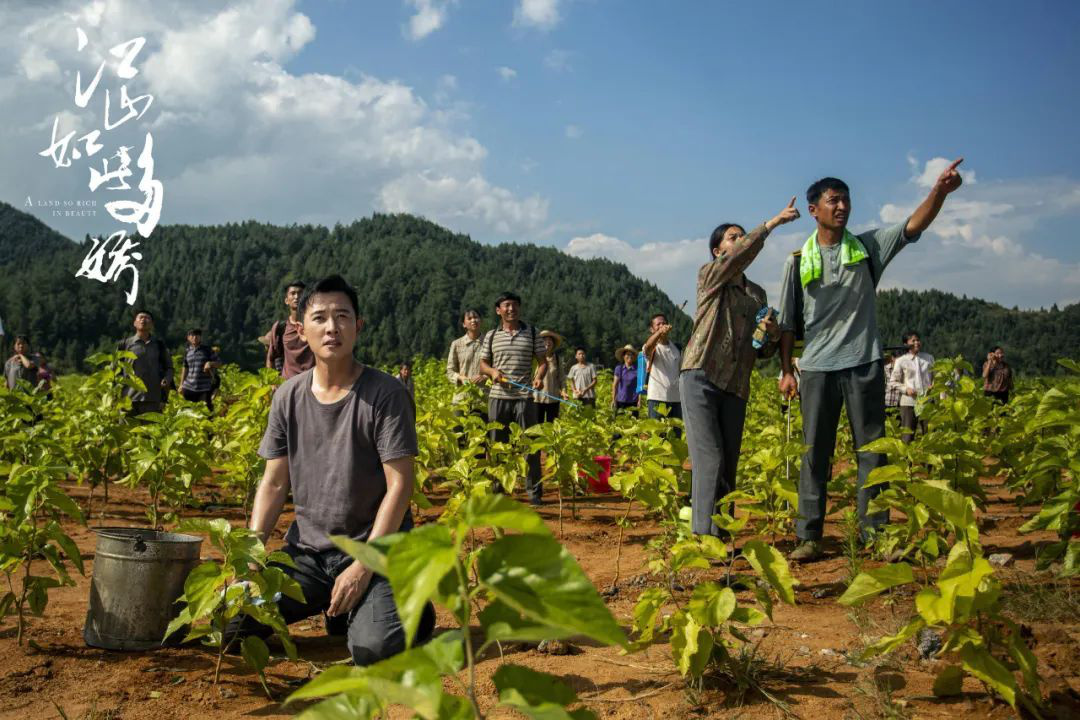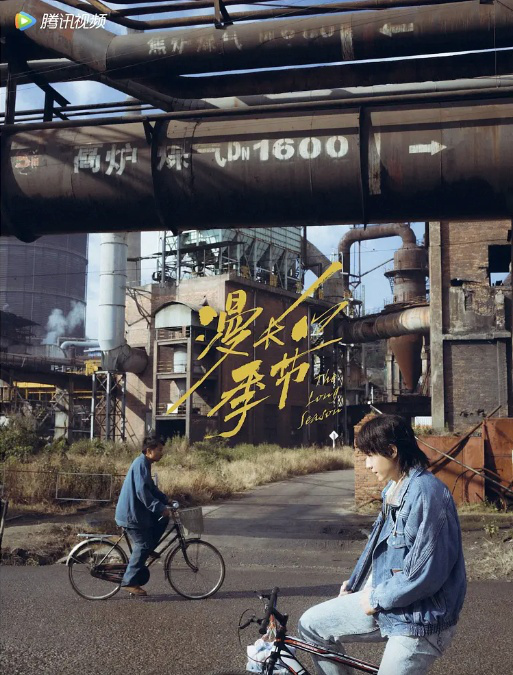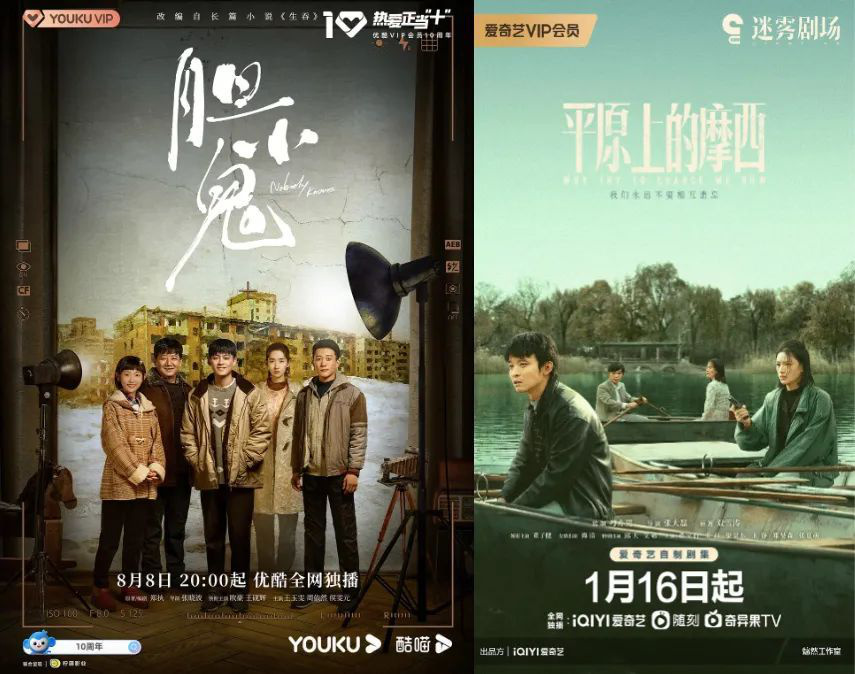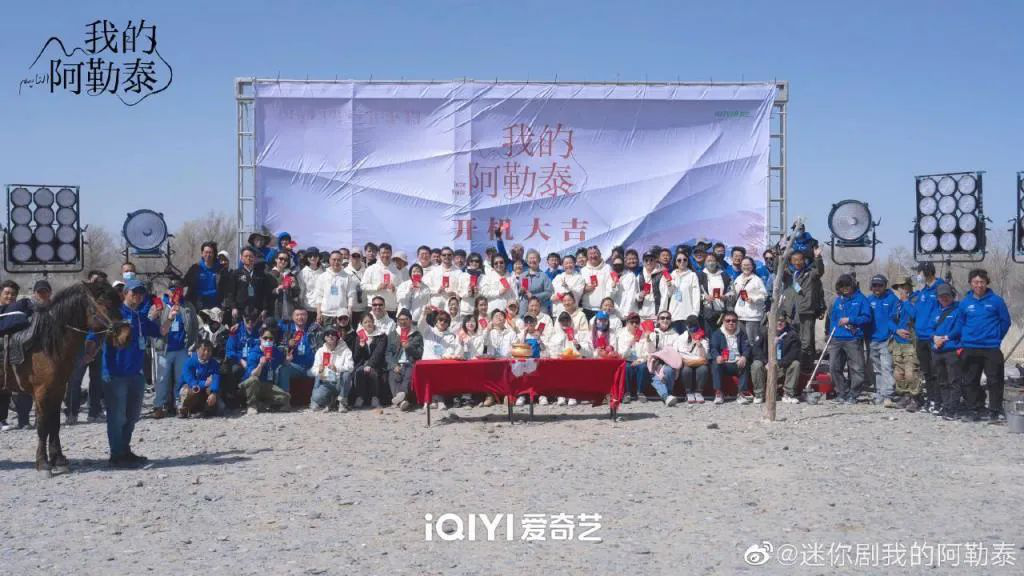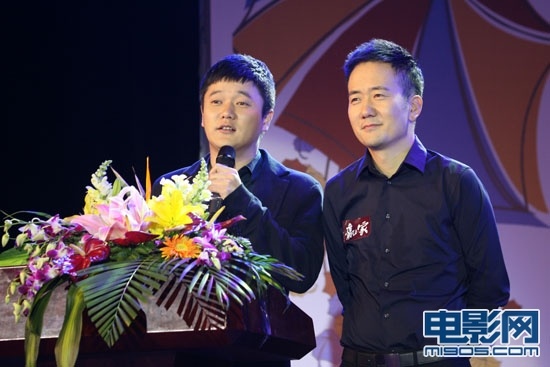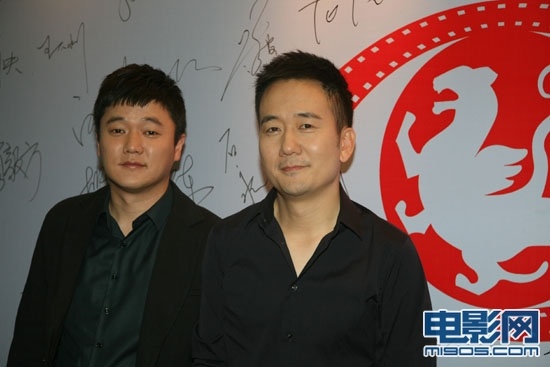Wang Dongwei, a Fujian businessman who has been doing business in Yichang for many years, was not only involved in the case of Guo Youming, the former vice governor of Hubei Province, but also took the initiative to expose and bring down two deputy mayors of Yichang City.
Wang Dongwei, 44, is the chairman of Hubei Huaxiang Investment Development Co., Ltd.. In addition to bribing Guo Youming 10.2 million yuan, he also paid bribes of 3.6 million yuan and 810,000 yuan to Wang Hongqiang and Zheng Xinghua, former vice mayors of Yichang.
Recently, "Hubei Huaxiang Investment Development Co., Ltd. and Wang Dongwei Unit Bribery First Instance criminal judgment" published by China Judgment Document Network disclosed the above case.
Criminal judgment, who made public the above-mentioned first trial, also showed that in order to seek illegal benefits for the company, Wang Dongwei used the company’s funds to pay bribes to the above-mentioned three state employees, with a total amount of 14.61 million yuan. On December 14th, 2016, Wang Dongwei was sentenced to three years’ imprisonment with a suspended sentence of five years.
The year before Wang Huawei’s verdict was pronounced in the first instance, Guo Youming’s bribery case was also pronounced in the first instance.
Guo Youming is on trial.
Xinhua News Agency previously reported that on December 9, 2015, Nanyang Intermediate People’s Court held a public hearing on the bribery case of Guo Youming, former vice governor of Hubei Province.
Nanyang Intermediate People’s Court found the defendant Guo Youming guilty of accepting bribes, sentenced him to 15 years’ imprisonment and confiscated his personal property of RMB 2 million. The property obtained from bribery crimes shall be recovered and turned over to the state treasury. Guo Youming said in court that he would obey the verdict.
The biggest briber in Guo Youming case
Earlier media reports said that Nanyang People’s Procuratorate accused the defendant Guo Youming of taking advantage of his position as deputy secretary of Yichang Municipal Committee of the Communist Party of China, mayor of Yichang Municipal People’s Government, secretary of Yichang Municipal Committee of the Communist Party of China, and deputy governor of Hubei Provincial People’s Government from 2001 to 2013, directly or indirectly through his wife Zhang, his son Guo, his brother Guo Youzi, and a special related person Xiao Mou to illegally accept property totaling RMB 23,808,331.
Guo Youming accepted RMB 1.314 million from Yu Chu Yun, Chairman of Yichang Three Gorges Hongming tourism real estate Development Co., Ltd.; Wang Dongwei, the chairman of Hubei Huaxiang Investment Development Co., Ltd., received a total of RMB 10,258,120; Received property from Yu Hongzhi, chairman of Yichang Fulianjiang Composite Materials Co., Ltd., and Ma Zheng, director of Yichang Fulianjiang Composite Materials Co., Ltd., equivalent to a total of RMB 9,236,211, including 1 million shares; Received RMB 3 million from Cai Hongzhu, Chairman of Hubei Daohuaxiang Group.
Among the above four allegations of bribery, Wang Dongwei, the chairman of Hubei Huaxiang Investment Development Co., Ltd., was the biggest briber in the Guo Youming case.
On November 27th, 2013, the website of the Supervision Department of the Central Commission for Discipline Inspection reported that Guo Youming, vice governor of Hubei Province, was suspected of serious violation of discipline and law and was under investigation.
Twenty days before Guo Youming’s fall, Wang Dongwei, the biggest briber, was taken away by the relevant case-handling department for investigation.
According to criminal judgment, the first trial of bribery of Hubei Huaxiang Investment Development Co., Ltd. and Wang Dongwei Company, the defendant Wang Dongwei, male, born on November 14, 1973, Han nationality, undergraduate, chairman of Hubei Huaxiang Investment Development Co., Ltd., and his domicile is Quanzhou, Fujian Province. On November 7, 2013, he was placed under residential surveillance by Xihua County Public Security Bureau, as decided by Zhoukou Municipal People’s Procuratorate. On April 30, 2014, he was released on bail pending trial upon the decision of Zhoukou Municipal People’s Procuratorate for allegedly committing bribery in the company.
Criminal judgment, the above-mentioned first-instance judge, also showed that from the first half of 2005 to the second half of 2012, the defendant Wang Dongwei, the chairman of Hubei Huaxiang Investment Development Co., Ltd., bribed Guo Youming, then mayor of Yichang, secretary of CPC Yichang Municipal Committee and vice governor of Hubei Province, 9 million yuan in cash for obtaining the right to use 57.88 mu of land belonging to Yichang Intermodal Company, returning the land transfer fee, obtaining loans from Yichang Rural Commercial Bank, and building supporting roads for Huaxiang Commercial Center.
Eight times to the vice governor’s brother 9 million.
Most of the money that Wang Dongwei paid bribes to Guo Youming was collected through his brother Guo Youzi.
Criminal judgment of the first instance showed that from July to August to November, 2012, the defendant Wang Dongwei paid a cash bribe of 9 million yuan to Guo Youming through Guo Youzi, the younger brother of Guo Youming.
In order to thank Guo Youming for his help in the Huaxiang Commercial Center project of Hubei Huaxiang Investment Development Co., Ltd., in July and August, 2012, Wang Dongwei, the chairman of the company, proposed to let Guo Youming introduce the construction enterprise for its Huaxiang Commercial Center project, thus delivering benefits to Guo Youming. Guo Youming then arranged for Guo Youzi to contact Wang Dongwei to handle this matter.
After the meeting, Wang Dongwei proposed to let Guo Youzi participate in the earthwork project, and to provide Guo Youzi with benefits of more than 8 million yuan by increasing the engineering quantity. Considering that there were too many links in the earthwork project, Guo Youzi disagreed, and later asked Wang Dongwei to provide him with cash directly on the grounds that he needed funds for his business.
Therefore, from July, August to November, 2012, Wang Dongwei gave Guo Youzi 9 million yuan in cash in eight times at the parking lot of Yidao Hotel in Yichang and under the Gezhouba Bridge. Hou Guo Youzi and Wang Dongwei informed Guo Youming of the situation respectively.
According to Wang Dongwei’s confession and defense, he went to Yichang to inspect the project in 2004 and got to know Guo Youming, then the mayor of Yichang. In 2010, he invited Dr. Zhang to the Junyao Hotel in Yichang to give Guo Youming a massage, and Guo Youming’s younger brother Guo Youzi also came for a massage, so he met Guo Youzi.
"In June and July of 2012, one day Wang Dongwei told me that he wanted to find some powerful construction enterprises with Chinese prefix to participate in the construction, and asked me to help him introduce a good construction team. I understand the meaning of his words. Obviously, I want to take the opportunity to give me benefits, because I have given Wang Dongwei great support and help in land acquisition, land transfer fee return and coordination of project promotion. " Witness Guo Youming testified that.
"Guo Youzi also called me and said that Wang Dongwei gave him 9 million agency fees. The so-called agency fee is an excuse for Wang Dongwei to send me money. I also know the construction. The agency fee can’t be so high. Wang Dongwei is obviously a benefit fee to thank me. " Guo Youming said in his testimony, "Guo Youzi only received this 9 million on my behalf, and I never thought about getting it back from Guo Youzi. I wanted to help Guo Youzi."
Before going abroad for inspection, please ask the vice governor and his wife to massage and send 200,000 US dollars.
In addition, Wang Dongwei also gave Guo Youming $200,000 through Guo Youming’s wife in the name of Guo Youming’s study abroad after the massage in Guo Youming.
Criminal judgment of the first instance showed that in October 2012, in order to thank Guo Youming for his help in the Huaxiang Commercial Center project of Hubei Huaxiang Investment Development Co., Ltd., Wang Dongwei paid Guo Youming a cash bribe of 200,000 US dollars at Junyao Hotel in Yichang.
"In October 2012, I heard from Guo Youming’s secretary that Guo Youming was going abroad for inspection, so he prepared $200,000 in cash in advance and put it in a tea box; After Dr. Zhang gave Guo Youming a massage, when Guo Youming and his wife left, they handed the tea box to Guo Youming’s wife Zhang. " Wang Dongwei’s confession and defense said.
According to Guo Youming’s testimony, Wang Dongwei paid for Dr. Zhang’s massage. One day in October 2012, after the massage treatment, Wang Dongwei handed his wife a handbag with a tea box. After two or three days, his wife told him that the tea box contained $200,000. It accepted by default, and this $200,000 was kept by his wife.
"One day in October 2012, Wang Dongwei asked Dr. Zhang to come to Yichang to give Guo Youming and me a massage treatment in the room of Junyao Jinjiang International Hotel. At that time, Wang Dongwei was also chatting with us in the room. After the massage treatment, when Guo Youming and I were about to leave, Wang Dongwei handed us a handbag and said,’ Take this to Governor Guo’. Guo Youming didn’t say anything at that time. I took the handbag and took it home. When I got home, I opened my handbag and found a tea box inside. The tea box contained $200,000 in cash, so I put the $200,000 away. After a few days, I told Guo Youming that there was $200,000 in the tea box that Wang Dongwei gave me that day. " The testimony of witness Guo Youming’s wife Zhang said.
Take the initiative to report down two deputy mayors.
Criminal judgment of the first trial also showed that it was also found out that Wang Dongwei used the unit’s funds to pay bribes to three state employees for illegal interests, totaling 16.38 million yuan. Truthfully confessed to bribing Guo Youming 10.2 million yuan many times; He voluntarily confessed that the amount of bribes paid to Wang Hongqiang and Zheng Xinghua was 5.37 million yuan and 810,000 yuan respectively. On November 25, 2016, the defendant Hubei Huaxiang Investment Development Co., Ltd. voluntarily paid a fine of 500,000 yuan.
The public prosecutor believes that Wang Dongwei’s ability to provide the case-handling organ with important clues about the suspected crimes of Wang Hongqiang (handled separately) and Zheng Xinghua (handled separately) is a meritorious service and should be punished in accordance with Article 68 of the Criminal Law of People’s Republic of China (PRC). Request to be sentenced according to law.
The court found through trial that from 2009 to 2012, the defendant Wang Dongwei gave Wang Hongqiang RMB 2 million (RMB 1,851,067.73 after tax deduction), US$ 20,000, HK$ 350,000 and a BMW X6 off-road vehicle (with a value of RMB 107,500) to help Wang Hongqiang (then deputy mayor of Yichang Municipal Government and deputy director of the Standing Committee of Yichang Municipal People’s Congress).
Among them, in the first half of 2009, Hubei Huaxiang Investment Development Co., Ltd. gave Wang Hongqiang a BMW X6 off-road vehicle, which was used by Wang Hongqiang’s son. Later, Wang Hongqiang reimbursed the company for 138,431 yuan.
The Paper (www.thepaper.cn) reporter noted that the court of first instance found that the amount of bribes paid by Wang Dongwei to Wang Hongqiang was about RMB 3.6 million, which was far from the amount of RMB 5.37 million voluntarily confessed by Wang Dongwei.
In addition, from 2008 to 2013, Wang Dongwei gave Zheng Xinghua 20,000 US dollars, 200,000 Hong Kong dollars and 3 gold bars (weighing 1,500 grams in total, valued at 519,601 yuan) in order to thank and continue to get the help from Zheng Xinghua (then Deputy Secretary-General of Yichang Municipal Government, Director of Yichang Municipal Bureau of Land and Resources and Deputy Mayor of Yichang Municipal Government) in obtaining the land use right and exempting the late payment fee.
The People’s Court of dancheng, Henan Province held that the defendant Hubei Huaxiang Investment Development Co., Ltd. paid bribes to state employees for illegitimate interests, and the circumstances were serious. The behavior of the defendant unit and its directly responsible supervisor, Wang Dongwei, has constituted the crime of bribery by the unit. The charges charged by the public prosecution agency were established.
Wang Dongwei, as the person in charge of the unit, voluntarily confessed the bribery of the unit to Wang Hongqiang and Zheng Xinghua. According to the provisions of the first and second paragraphs of Article 7 in the Interpretation of the Supreme People’s Court and the Supreme People’s Procuratorate on Several Issues Concerning the Specific Application of Laws in Handling Criminal Cases of Bribery: If the bribery case is solved by voluntarily confessing the bribery, the provisions of Article 68 of the Criminal Law on meritorious service are not applicable to the briber. Should be in accordance with the provisions of the second paragraph of Article 390 of the Criminal Law, can be given a lighter punishment. The directly responsible person shall also be given a lighter punishment.
On December 14, 2016, the People’s Court of dancheng City, Henan Province made a first-instance judgment, sentenced the defendant Hubei Huaxiang Investment Development Co., Ltd. to the crime of bribery, and fined 1 million yuan (after deducting 500,000 yuan that has been voluntarily paid, the remaining 500,000 yuan will be paid within 30 days after the judgment takes effect); Defendant Wang Dongwei was sentenced to three years’ imprisonment, suspended for five years, for the crime of unit bribery.
